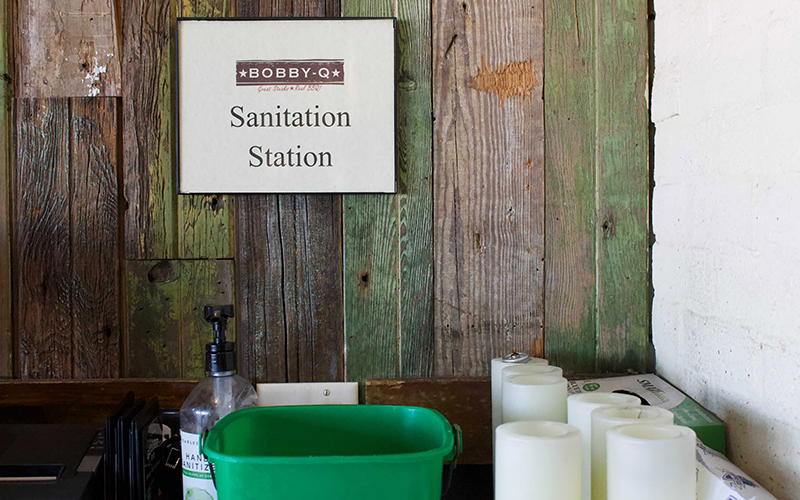WASHINGTON – The more than 840,000 COVID-19 cases in Arizona include coronavirus variants from the United Kingdom, Brazil, South Africa, California – and, as of last month, a new homegrown version.
The Arizona variant, officially named B.1.243.1, was confirmed last month by researchers at Arizona State University’s Biodesign Institute, who said it is similar to the South African variant that was also found in the state in March.
Health officials said that while all the variants may react differently to COVID-19 vaccines, the vaccines have proven to still be effective and the variants are not something to worry about at this point. Variants were expected, they said, and the science is advanced enough that if one of the variants proves resistant, “we can always update the vaccine … and all of them can be updated pretty quickly.”
The Arizona and South African variants show the same genetic mutation on the protein spike that gives coronavirus its distinctive appearance, and that could lead to the same vaccine response for the two, said Dr. Joshua LaBaer, executive director of the Biodesign Institute.
“Although no one has specifically tested this mutation or viruses that have this mutation specifically with the vaccine, the vaccine trials like the Johnson&Johnson vaccine trial were done in South Africa after viruses with that mutation were already prevalent there,” LaBaer said.
LaBaer was one of the authors on the report identifying the Arizona variant. Researchers had collected 688 coronavirus samples from late December through mid-March in Arizona when they found the new variant in 15 samples.
The Arizona version has since been detected in a patient in New Mexico and another in Houston. Because it is so new, the Arizona version is classified as a “variant of interest,” while the other four variants in the state have been classified as variants “of concern.” No variant so far has fallen into the most-concerning category of variant “of high consequence.”
The California variant is far and away the most prevalent variant among Arizona cases right now. Efrem Lim, a virologist at the Biodesign Institute, said the California variant “makes up about 30 percent of the sequences we usually see” in Arizona.
But Lim said the Arizona variant is something to keep an eye on, because of the potentially problematic mutation in the spike protein.
“The E484K mutation has been shown to reduce antibody responses from monoclonal antibodies that are used as therapies and also reduces the neutralization of post-vaccination serum,” Lim said.
Simply put, the mutation reduces the effectiveness of some antibody treatments for COVID-19 patients, as well as slightly lowering the efficacy rate of the vaccines.
Even though emerging virus variant may sound alarming, experts say it is not a reason to panic. The appearance of variants has long been predicted, they said.
“One of the things that we’ve known about this virus from the very beginning is that it’s going to have mutations in its genetic coding and the protein coat is going to slightly change over time,” said Will Humble, executive director of the Arizona Public Health Association
Humble also said that, regardless of the mutation, the vaccine is still working effectively to reduce the number of infections in vaccinated people.
LaBaer adds that vaccination will make all the difference in whether Arizona can control the spread of the variants.
“It’s going to be, in Arizona, a little bit of a battle between the rate at which we can vaccinate people and whether or not we see increased spread here,” he said.
All the more reason for people to get vaccinated, Lim said.
“As these viruses and variants come up, it’s still important for us to make sure that everyone gets their full vaccination because that still saves lives,” he said.
And if at some point a variant does prove vaccine-resistant, Lim added, scientists should be able to easily alter the vaccines to meet that challenge.
“We can always update the vaccine,” he said. “Right now we have many good vaccine platforms that work well and all of them can be updated pretty quickly, so I don’t think this is a problem.”


